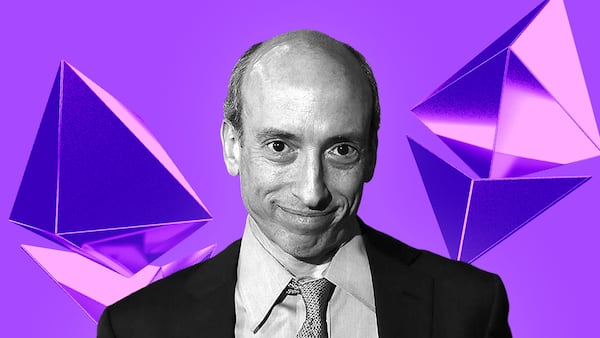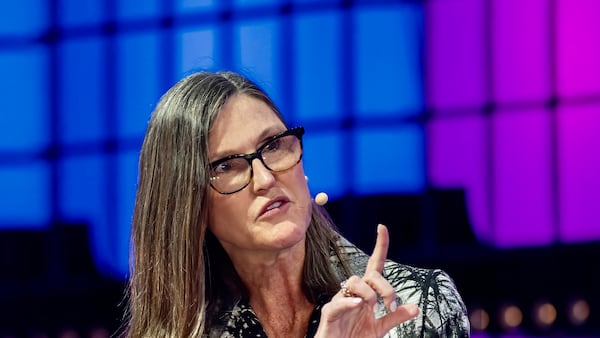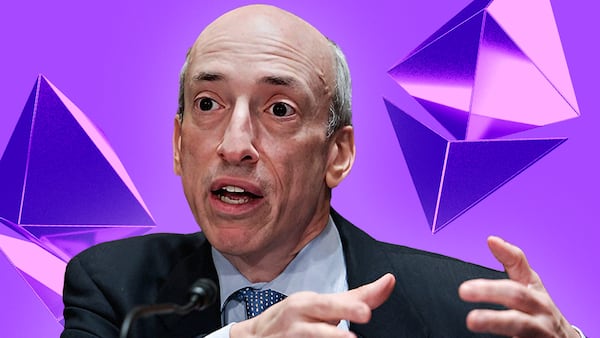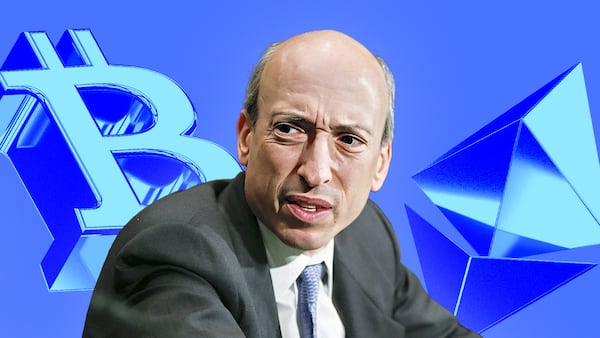- VanEck initially won’t charge a fee for its Ethereum ETF.
- Most prospective ETF issuers haven’t publicised their fees yet.
- Ethereum ETF fees are likely to be just as low or even lower than those for Bitcoin ETFs.
Spot Ethereum exchange-traded funds could launch any day now. And one of the last things prospective issuers need to get right are fees.
A recent filing shows that investment-management firm VanEck will be waiving the fee for its Ethereum ETF until some unspecified time in 2025, or until the fund reaches $1.5 billion in assets, whichever comes first.
Once either of those conditions is fulfilled, the fund will process a 0.20% fee.
VanEck “aims to be a leader on crypto ETF fees even if it means we lose money at the outset,” Matthew Sigel, the firm’s head of digital-assets research, posted on X.
“The plan is to make it up on volume; in this case, decentralised finance volume,” he added.
Sigel laid out the gambit in another post: If the Ethereum ETFs create a renewed interest in Ethereum, then the ensuing network activity will likely push the price of Ether up — which would benefit VanEck’s holdings, he said.
He also hinted that the firm could potentially take an interest in Ethereum DeFi projects such as Curve or Aave.
VanEck has employed a similar approach toward its spot Bitcoin ETF. The firm is waiving fees entirely until the fund reaches $1.5 billion or March 31, 2025, whichever comes first.
So far, the ETF has accrued $614 million in assets — making it the sixth-largest spot Bitcoin ETF.
Fee war
Out of nine prospective issuers, VanEck and Franklin Templeton are the only two that have disclosed their Ethereum ETF fees.
Franklin Templeton will be offering 0.19% fees on its ETF — the same as for its Bitcoin ETF.
Firms don’t need to disclose their fees until very late in the ETF launch process, according to Bloomberg Intelligence ETF analyst Eric Balchunas. And issuers are likely waiting for BlackRock to make a move.
“What BlackRock is going to charge is probably the single most important missing variable outside of the exact launch date,” Balchunas posted on X.
“Their fee is the sun that the rest will need to orbit around,” he added.
Even so, VanEck and Franklin Templeton’s opening moves will put pressure on BlackRock to issue an ETF with fees lower than 0.30%, Balchunas said.
“So far, it looks like Ethereum ETFs are going to have as low or even lower fees than Bitcoin ETFs,” he said.
Staking
One factor in the fee calculus is that Ether investors can stake their holdings through exchanges and decentralised platforms to earn a 3% yield.
But they won’t be able to do this through Ethereum ETFs.
And this raises a question: Why would institutions want to pay fees for an asset instead of earning a solid yield for it?
“Even paying 0.20% without the staking element seems like a nonstarter to me,” Adam Morgan McCarthy, an analyst at crypto data firm Kaiko Research, told DL News.
Tom Carreras is a markets correspondent for DL News. Got a tip about Ethereum ETFs? Reach out at tcarreras@dlnews.com








